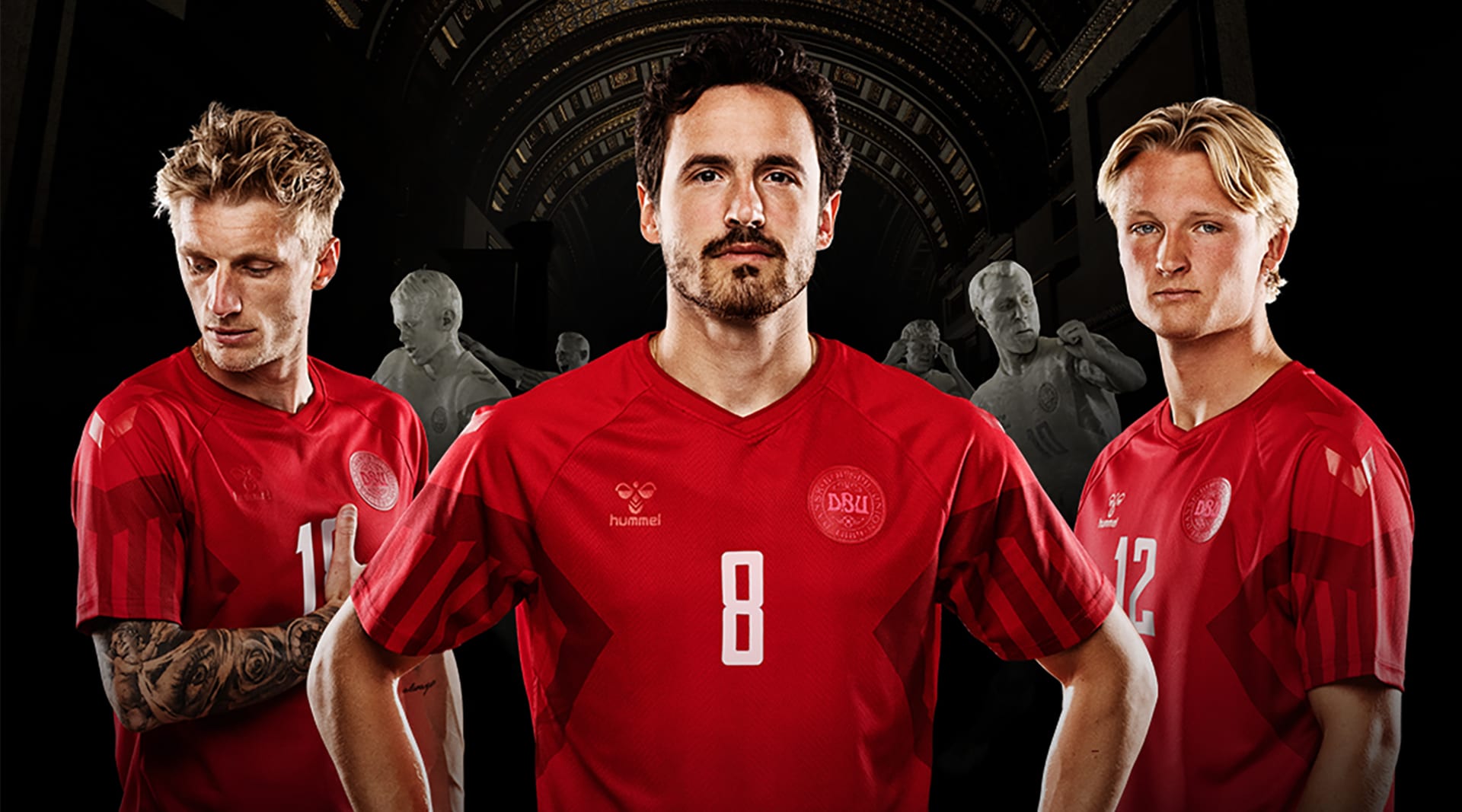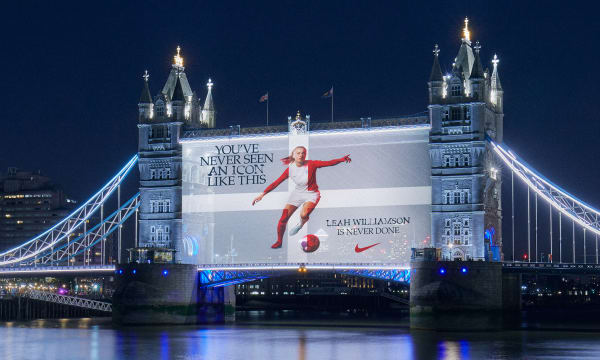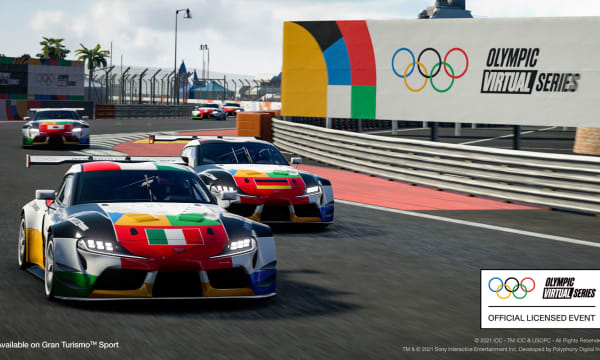Traditionally the World Cup is a mega-event for brands, associated with spikes in TV ratings and healthy consumer spending. Yet days before kickoff, the atmosphere remains comparatively subdued.
In contrast to previous years, backlash to the event has been vocal. Sports have long been associated with efforts to polish tarnished reputations, but this event has been dubbed the most controversial in history. Keeping politics out of sport is proving impossible.
Since FIFA awarded the tournament to Qatar in 2010, there have been reports of thousands of migrant worker deaths associated with the colossal infrastructure demands of the event, as well as issues around labor rights and worker exploitation. Forza Football, Blankspot and Forsman & Bodenfors aimed to cast a light on this with Cards of Qatar, which simulates the classic football collectible cards substituting players with images and stories of migrant workers who died in Qatar.
Wunderman Thompson Intelligence spoke to Michael Page, deputy director in the Middle East and North Africa Division at Human Rights Watch, who says this is more than controversy: “It's a very clear record of the grim human rights record that this World Cup is associated with. And it's directly linked to the building.” Additionally, rights groups have also raised concerns over Qatari laws which discriminate against LGBTQ+ people and women.
Recent weeks have seen sustained press criticism. A steady procession of public figures, from ex-pro player Eric Cantona to singer Dua Lipa, have voiced their disapproval. Those who have opted for ambassadorial roles, like David Beckham, have been vilified on social media. In Germany, the Bundesliga has seen as series of fan protests. More widely, an early November study by pollsters YouGov conducted in Europe and the USA found support for a boycott in several countries.
The dilemma for sponsors and advertisers: call out, or sidestep the problem? So far, most brands are approaching with caution. Only a handful have chosen to protest, like Danish kit sponsor and manufacturer Hummel, which is muting its kit branding, as well as designing an all-black kit to convey mourning. Nike meanwhile has released a campaign that seeks to destigmatize refugees featuring Canada’s Alphonso Davies.
Yet Page sees the event as an opportunity for brands: “Brands are expert in shaping public consciousness. They help frame it. They are often mediators. I would hope they would use some of this expertise for good.” While not every brand needs to weigh in, he says “at a mega-event like this, there’s something that can be done.”
Specifically, says Page, human rights organisations are calling on brands now to support the establishment of a remedy fund to compensate workers and their families in a campaign dubbed #PayupFIFA (supported by Coca-Cola, AB InBev, Adidas, and McDonald’s). This would deliver a small but important legacy, that could serve as a model in future. “Migrant workers are proud of what they have built,” says Page, “but they need support.”
We spoke to Shane O’Sullivan, Managing Director at Prism Sport + Entertainment, who believes sitting on the fence is not an option, but that brands “need to be clear on what they’re prepared to speak out about.” There may be benefits to speaking up, he says: “Audiences will always remember brands that have acted on the side of right. But they'll definitely remember the brands who have acted on the wrong side of right or not acted at all.”
Consequently, O’Sullivan says brands “need to think about their full range of stakeholders - fans, customers, shareholders, employees and more - and will need to give equal importance to their corporate communications, having a team that’s built and ready to go on the societal questions that will need to be answered.” Brands will also need to scope multiple potential scenarios in advance and be ready with responses. For some, he says, this could be “real opportunity to lay down their values and brand purpose.”
O’Sullivan says brands may also need to prepare for an uptick in athlete activism, with players making politicized statements on and off the pitch. Some nine European squads have already pledged to wear rainbow armbands in support of LGBQT+ rights, while Australia’s Socceroos released a TikTok protest video.
Nevertheless, there are also risks. “Shining a light on problems can end with the spotlight being turned on the brand itself, so messaging must be authentic and consistent with brand behavior, ” says O’Sullivan. After the British brewer Brewdog released its ‘anti-sponsor’ campaign, social media commentators quickly pointed out its recent deal with a Qatari distributor. However, as O’Sullivan says, “previous inaction shouldn’t prevent brands taking the opportunity to speak out.”
In the future, the Qatar World Cup may be seen as a watershed moment for sportswashing. Page predicts that sponsors will now be more vocal, raising concerns and interrogating human rights protections in event host countries. O’Sullivan concurs, pointing out that: “Society has changed. There are platforms and technologies that enable people to have a voice. We’re living in a society where direct action can happen fairly quickly. I definitely think that brands and sponsors will be more aware of the decisions they're making going forward.”


